Table of Contents
Introduction to Ghost Chili
The ghost chili, also known as the bhut jolokia, is called "chile fantasma" in Spanish. This name directly translates to "ghost chili" and is the standard term used across Spanish-speaking countries. Native to Northeast India, this fiery pepper has gained global popularity, especially in South Asian and Caribbean cuisines, for its intense heat and fruity flavor profile.
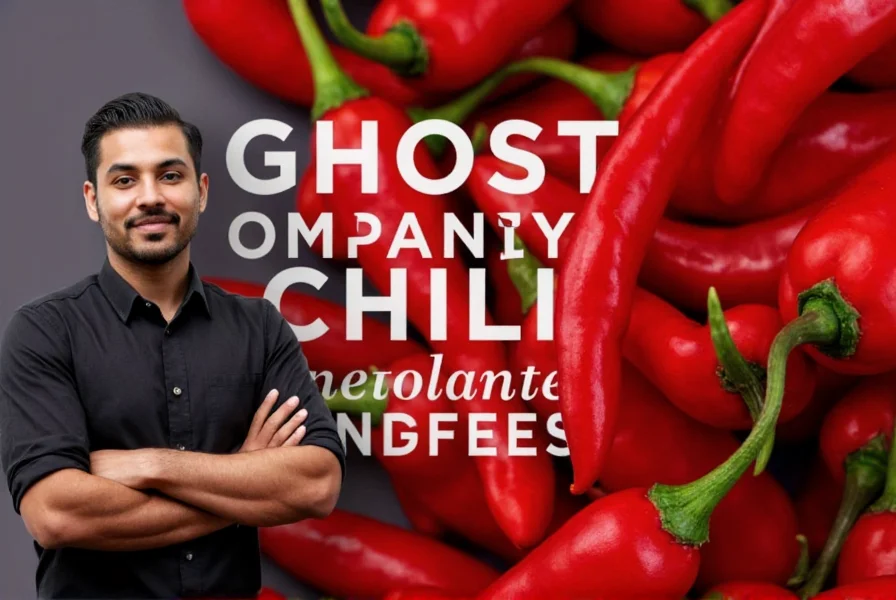
Understanding the correct Spanish terminology is essential for accurate communication when cooking or purchasing this pepper in Spanish-speaking regions. Let's explore its name, uses, and practical details to ensure you handle it safely and effectively.
What is Ghost Chili in Spanish?
In Spanish, the ghost chili is universally referred to as chile fantasma, which directly translates to "ghost chili." This is the standard and widely recognized term in all Spanish-speaking regions. While "chile de la muerte" (death chili) is sometimes mistakenly used, it typically refers to other peppers like habaneros and is not correct for ghost chili.
Ghost chili is valued not just for its heat but also for its unique fruity notes. In Spanish cuisine, it appears in salsas, stews, and traditional recipes from Mexico and Central America, though it's less common in everyday dishes due to its extreme intensity.
When shopping or cooking in Spanish-speaking areas, always ask for "chile fantasma" to avoid confusion. Using "chile picante" (spicy chili) may lead to misidentification, as it's a generic term for any hot pepper.
Practical Tips for Using Ghost Chili
If you're new to cooking with ghost chili, follow these safety-focused tips to handle it properly and enjoy its flavor:
- Wear gloves: The capsaicin oils can cause severe skin irritation; always use protective gloves when handling fresh or dried peppers.
- Use sparingly: Start with a tiny amount (e.g., 1/8 teaspoon of powder) and adjust gradually. Its heat level is 855,000–1,041,427 Scoville units—far hotter than most common peppers.
- Remove seeds and membranes: These contain the highest concentration of capsaicin; removing them reduces heat while preserving flavor.
- Pair with dairy: Milk, yogurt, or queso fresco neutralize heat effectively. Avoid water, as it spreads capsaicin oils.
- Store safely: Keep fresh peppers refrigerated in a sealed container; dried or powdered forms last longer in a cool, dark place.
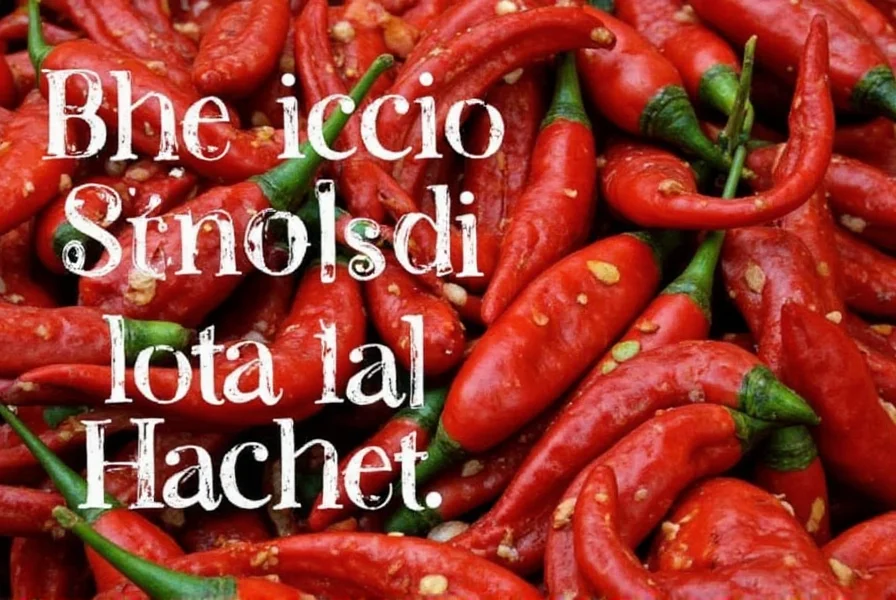
These tips ensure you maximize the pepper's flavor without risking discomfort, whether in home cooking or professional kitchens.
Buying Guide for Ghost Chili
When purchasing ghost chili in Spanish-speaking regions, knowing the correct terminology and product forms is key. Here's a detailed guide to help you choose:
1. Fresh Ghost Chili
Fresh ghost chilies ("chile fantasma fresco") are available in specialty markets, particularly in Mexico, Central America, and South American regions with Indian diaspora communities. Look for vibrant red color, firm texture, and a strong, fruity aroma.
Features: Natural heat, peak freshness, best for immediate use.
Advantages: No additives, ideal for authentic recipes.
Use Cases: Salsas, marinades, fresh sauces.
Target Audience: Home cooks and food enthusiasts.
Suitable Occasions: Cooking classes, family gatherings, cultural events.
2. Dried Ghost Chili
Dried ghost chilies ("chile fantasma seco") are commonly sold whole or crushed. They offer concentrated flavor and longer shelf life, making them popular in commercial kitchens.
Features: Intense heat, smoky notes, easy storage.
Advantages: Versatile for grinding, ideal for spice blends.
Use Cases: Rubs, adobos, traditional Mexican dishes.
Target Audience: Professional chefs and culinary professionals.
Suitable Occasions: Restaurant cooking, gourmet events, spice collections.
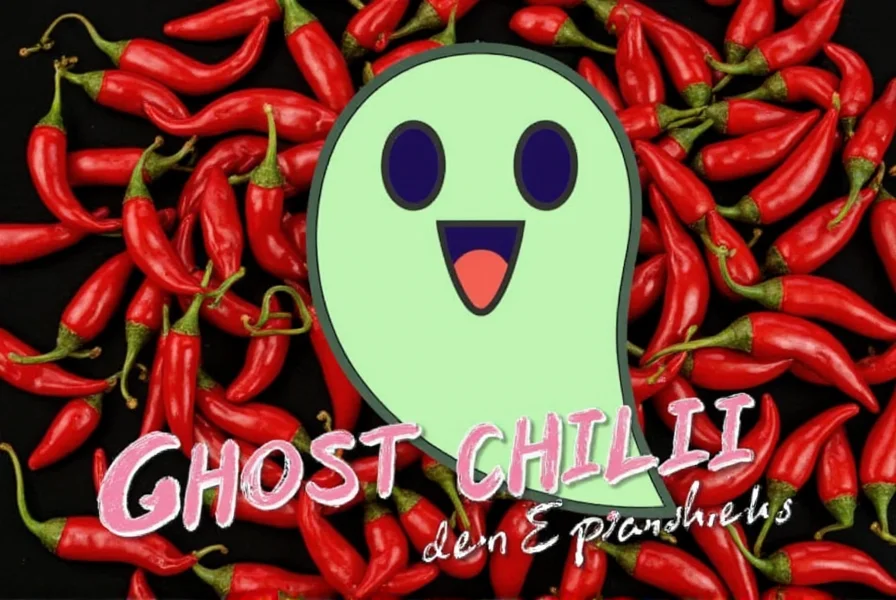
3. Ghost Chili Powder
Ghost chili powder ("pimienta de chile fantasma") is a convenient option for consistent heat. It's widely available in Latin American grocery stores and online retailers specializing in international spices.
Features: Fine texture, uniform heat distribution.
Advantages: Easy to measure, perfect for quick seasoning.
Use Cases: Hot sauces, spice mixes, instant meals.
Target Audience: Home cooks and food bloggers.
Suitable Occasions: Weeknight dinners, parties, spice collections.
| Feature | Fresh Ghost Chili | Dried Ghost Chili | Ghost Chili Powder |
|---|---|---|---|
| Heat Level | High | Very High | Very High |
| Flavor Profile | Fruity, sharp | Smoky, concentrated | Intense, pungent |
| Shelf Life | Short (1-2 weeks) | Long (6-12 months) | Long (6-12 months) |
| Best For | Immediate use | Storage and grinding | Seasoning and mixing |
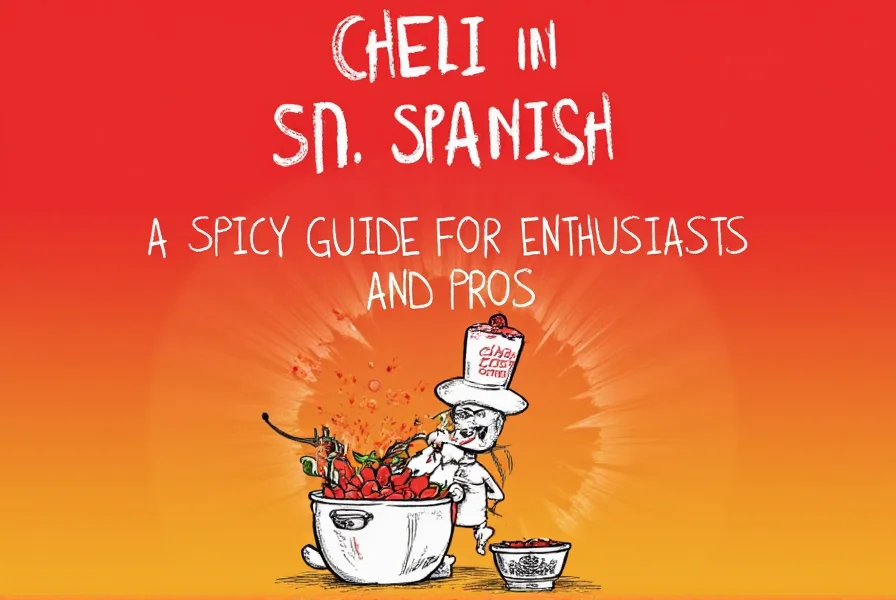
This table helps you select the right form of ghost chili based on your cooking needs and regional availability in Spanish-speaking countries.
FAQs About Ghost Chili in Spanish
What is the most accurate Spanish translation for ghost chili?
The universally accepted Spanish term for ghost chili is chile fantasma, which directly translates to "ghost chili." This is the standard name used in all Spanish-speaking regions. "Chile de la muerte" is incorrect and typically refers to other peppers like habaneros; using it may cause confusion when purchasing or cooking.
How does ghost chili's heat compare to other popular Spanish-speaking region peppers?
Ghost chili (855,000–1,041,427 Scoville units) is significantly hotter than habanero (100,000–350,000 SHU), the most common spicy pepper in Mexican and Central American cuisines. It's approximately 2-4 times hotter than typical habaneros. This extreme heat explains why it's not widely used in everyday dishes—handle with extreme caution when substituting in traditional recipes.
Where can I find ghost chili in Spanish-speaking countries?
In Mexico, Central America, and South America, look for "chile fantasma" in specialty spice shops ("tiendas de especias"), gourmet markets, or Latin American sections of larger supermarkets. It's less common in regular grocery stores due to its intensity. Online retailers like MercadoLibre or Amazon Mexico often carry dried versions or powders labeled specifically for culinary or competitive eating purposes.
What should I do if I experience excessive burning from handling ghost chili?
If skin irritation occurs, wash immediately with soap and cold water (avoid hot water, as it opens pores). Apply milk, yogurt, or queso fresco to neutralize capsaicin oils. For mouth burns, consume dairy products like sour cream or cheese. Never touch your eyes; if exposed, flush with milk or saline solution and seek medical help if symptoms persist.
Can I substitute ghost chili in traditional Spanish-language recipes?
Use extreme caution. Traditional recipes calling for "chiles habaneros" or "chiles de árbol" will become dangerously hot with ghost chili. If substituting, use only 1/8 to 1/4 of the specified amount and remove all seeds/membranes. Better alternatives include Scotch bonnet peppers (similar flavor profile) or doubling standard habanero quantities for manageable heat increases without overwhelming the dish.
Conclusion
The ghost chili, or chile fantasma in Spanish, is a powerful ingredient that demands respect and knowledge. Whether you're a home cook or professional chef, understanding the correct terminology and handling techniques ensures you harness its unique flavor safely and effectively.
From fresh to dried to powdered forms, each variety offers distinct benefits for Spanish-speaking culinary contexts. Always start with small amounts, protect your skin, and pair with complementary ingredients to create balanced, delicious dishes.
Next time you encounter "chile fantasma" on a menu or in a recipe, you'll know exactly what to expect—and how to use it with confidence.
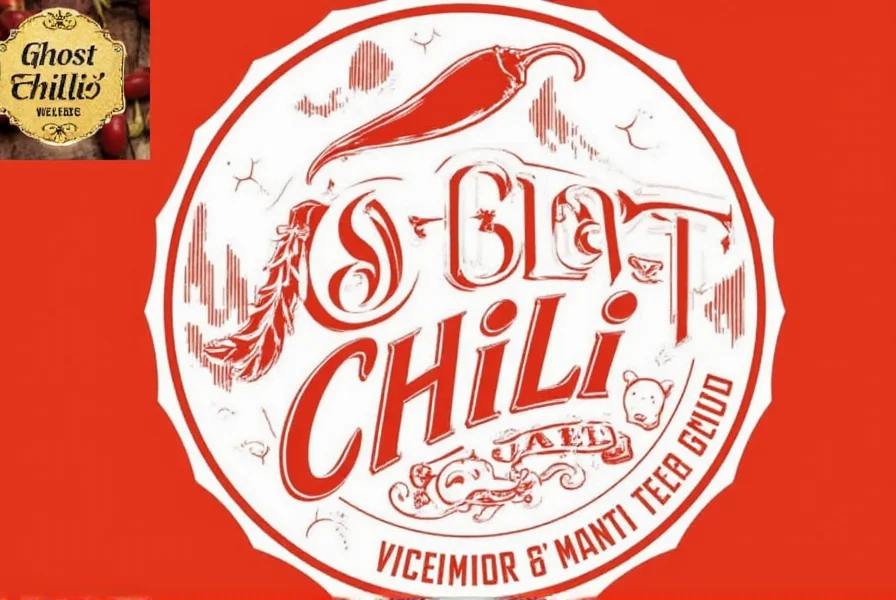

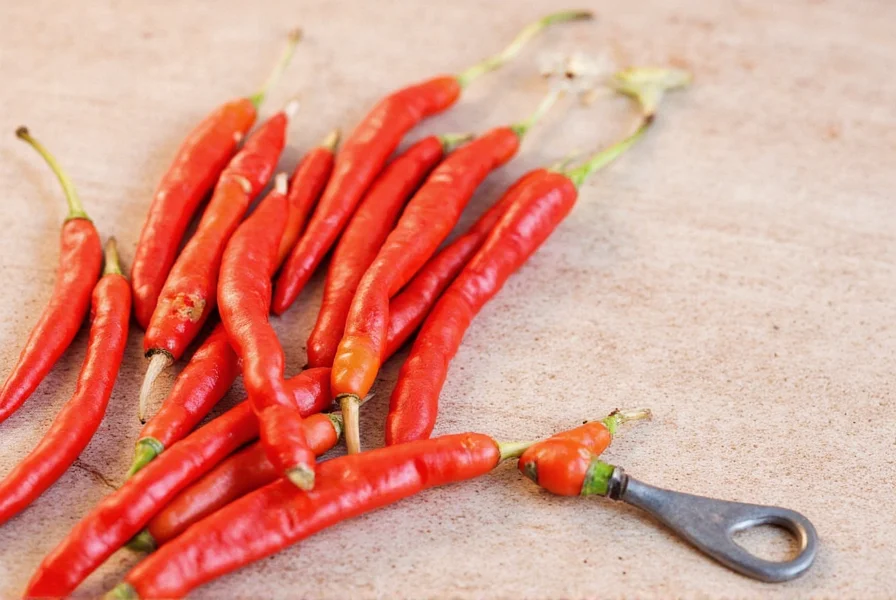









 浙公网安备
33010002000092号
浙公网安备
33010002000092号 浙B2-20120091-4
浙B2-20120091-4